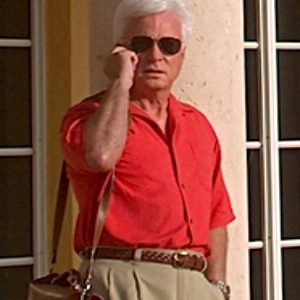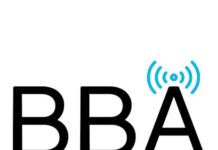
On Wednesday we told you about a story Rolling Stone published regarding Payola. The magazine cited several radio and record industry sources who claim the illegal act of paying DJ’s money to air songs was still running rampant in radio. After we ran the story, we received an interesting phone call.
Tim Moore, managing partner of Audience Development Group in Grand Rapids, MI, fields a lot of phone calls every day. It is a phone call he received weeks ago that prompted him to call Radio Ink. Weeks before Rolling Stone brought payola back into the radio lexicon this week, Moore was having conversations about “Pay-to-Play-It.”
Radio Ink: Tell us about some interesting phone calls you have had in the past several months.
Moore: I’ve had a couple of phone calls in the last six months about payola. The most recent, about three weeks ago, was the most alarming. It was from a quality program director at a longevity station in their format that has performed well. He has been in the business for some time, has great credibility, and has a great track record. If I were to pick a Blue Ribbon Panel of PDs I’d work with, he would be a member of it. He doesn’t endorse what he has seen happening at his station. He’s concerned it’s going to contaminate his successful career.
Radio Ink: What did this PD share with you? What were his specific concerns?
Moore: That there is money changing hands. A lot of artists that aren’t really bona fide artists — which is to say they haven’t even been mastered in some cases — were being played. The music is being played overnights, a day part that is relatively obscure to the greater audience, but that doesn’t change his concern about the implication of what is happening.

Radio Ink: I understand that he was quite emotional when he spoke with you?
Moore: He loves his radio station. He’s concerned for his radio station. I mean, after awhile it’s like the captain of a ship — you bond with it and it becomes almost a person. Given the performance that he has been able to produce there, the years he has put in and the respect he has in the business, it adds to this pathos.
Radio Ink: Did he mention his concerns to management?
Moore: I believe he did. To say he was rebuked, you know I didn’t hear the conversation, but let’s just say they seemed not to be concerned.
Radio Ink: You consult a lot of stations across the United States. Can you tell us anything about this station?
Moore: Because of the nature of this PD’s concerns, I can’t comment on the ownership of the group, but it involves just one station. I can’t comment on where the station is located because management isn’t stupid and the hierarchy is relatively ruthless. However, they certainly understand “Over-The-Transom” income.
Radio Ink: Why are you sharing this with us?
Moore: This PD is a top rate professional and when he called to, as he put it, to get something off his chest that was keeping him awake at night, I listen. When someone shares a concern, it’s on my radar. I’m just not a guy to crusade for something if it isn’t worth it. This to me is so concerning for the industry. The last thing we need is some hot-shot politician who wants to see his name in lights and wants to be on the floor, talking about how payola is back in radio. That’s all we need!
Thanks to Tim Moore, Audience Development Group






I’m not so sure Alan Freed was wrong back in the day for radio accepting payments regarding Payola or pay for play. Radio station owners and operators continue to be nickel and dime to death by the the music license holders and royalties. Certainly the music isn’t free.
That said radio sells spot advertising, should music labels and artists want more air play for there up and coming or current artist, pay for it, every business model needs to have an economic consideration.
Payola is the unreported payment to, or acceptance by, employees of broadcast stations, program producers or program suppliers of any money, service or valuable consideration to achieve airplay for any programming. It doesn’t have to be the PD or the jock. It has to be disclosed to the listener for it to be allowed by FCC regulations.
The article has no proof of any payment being made.
What is described in this article technically isn’t payola. If the PD was accepting money or favors, that would be payola. If the station ownership does it, that’s something very different. That could be grounds for the FCC to revoke a license. But it’s a different thing.